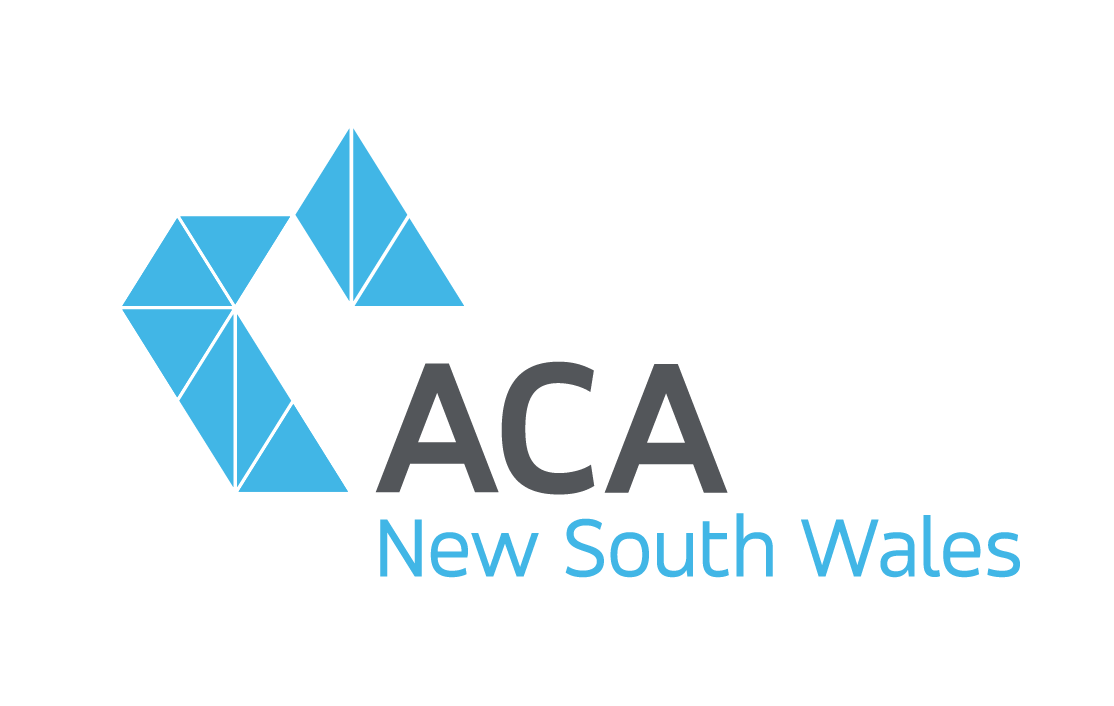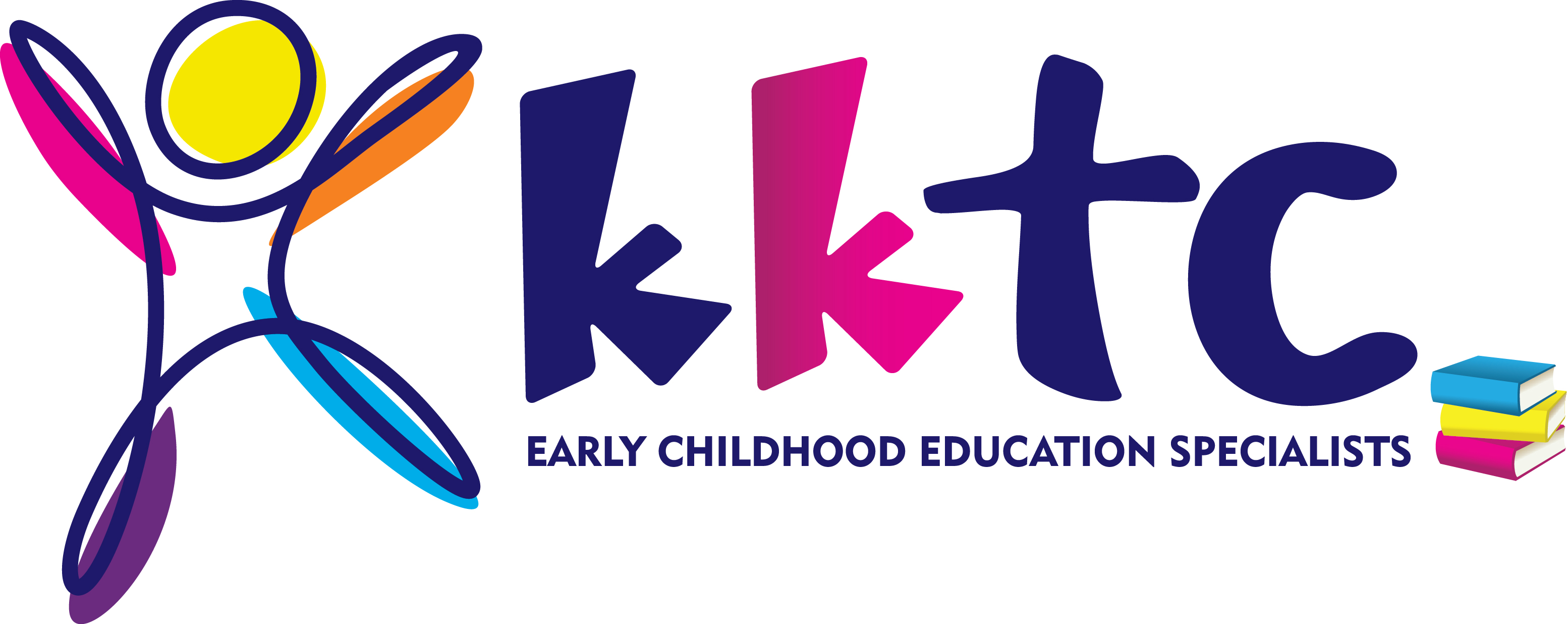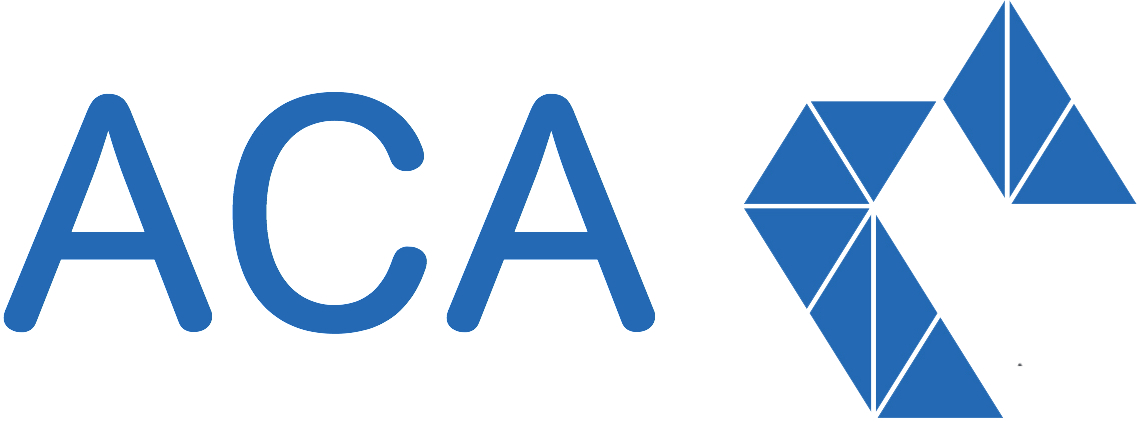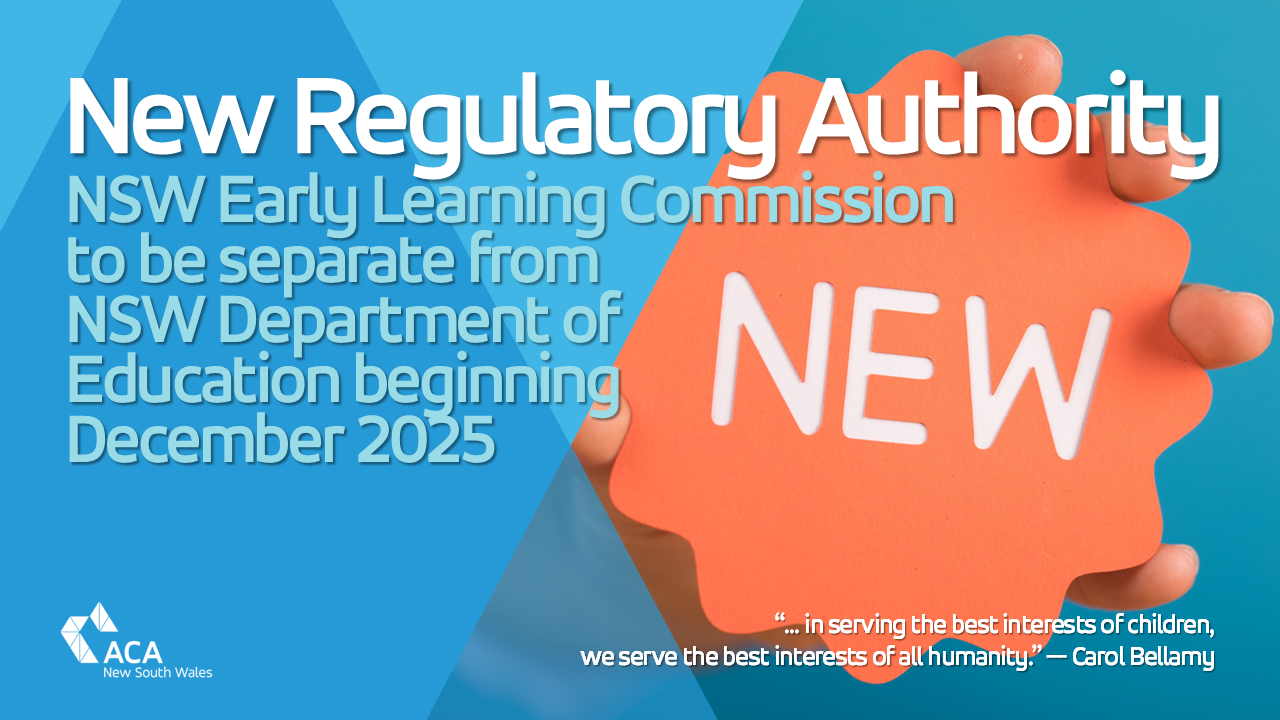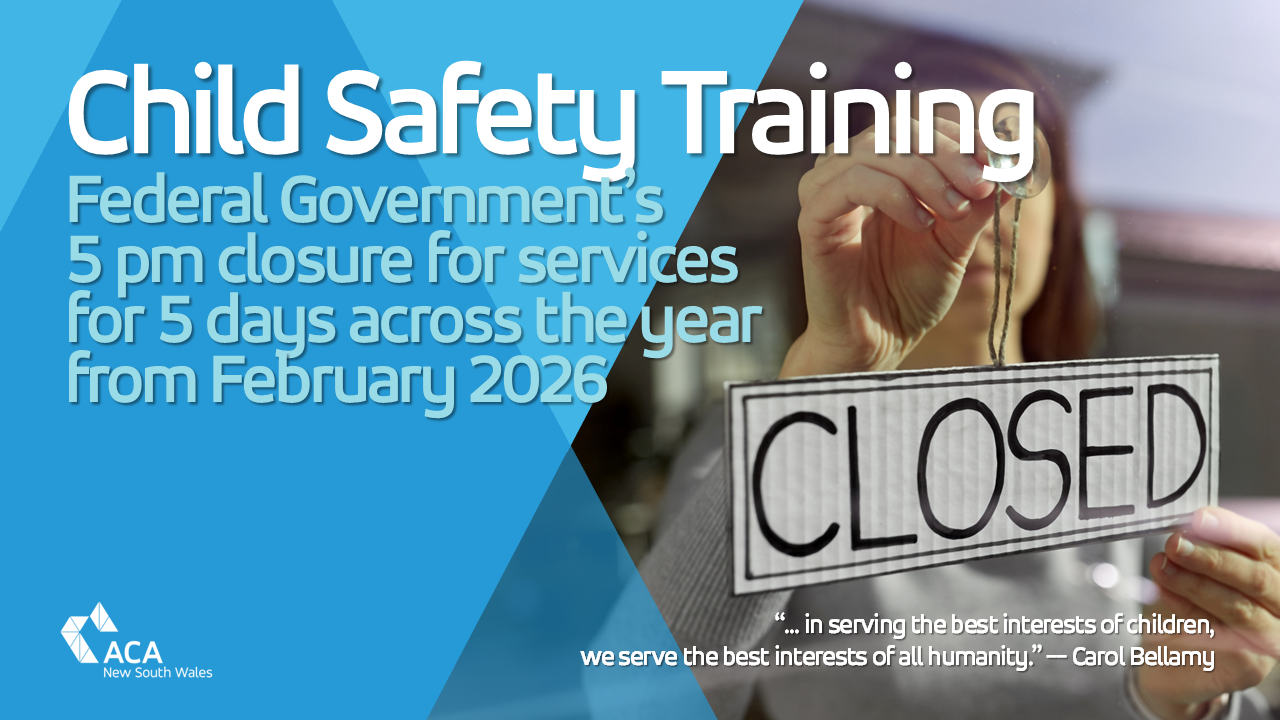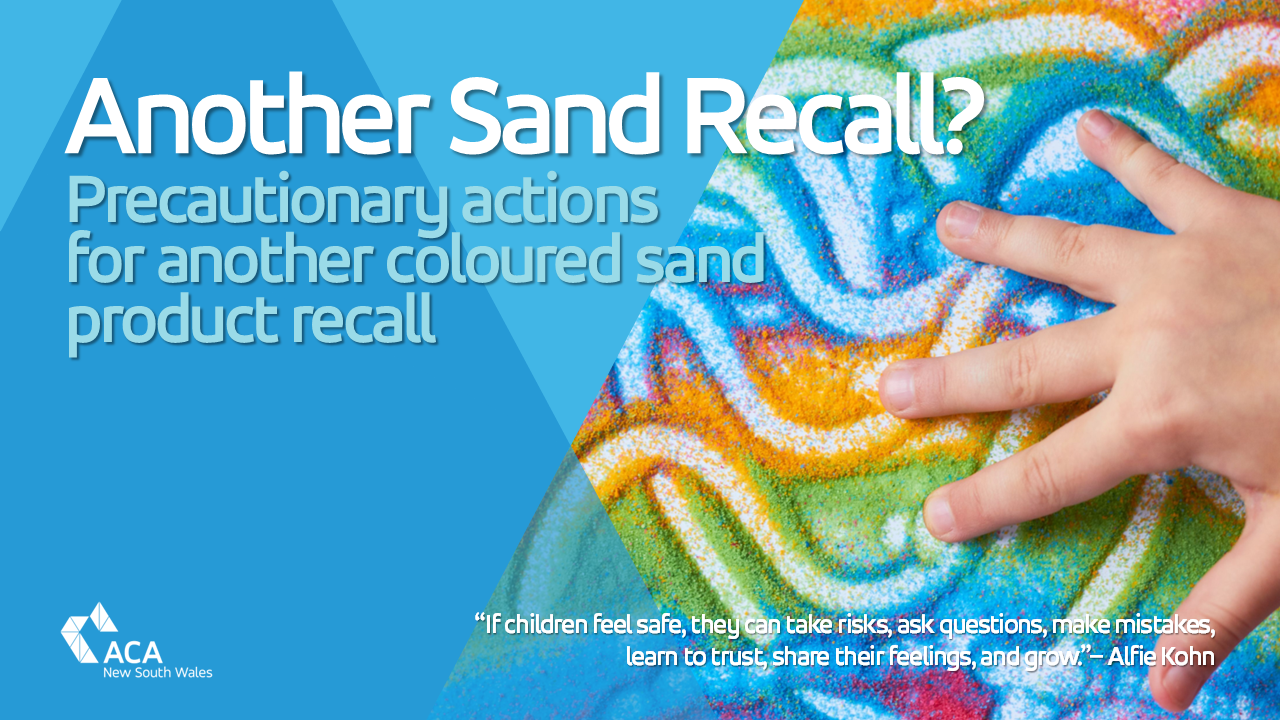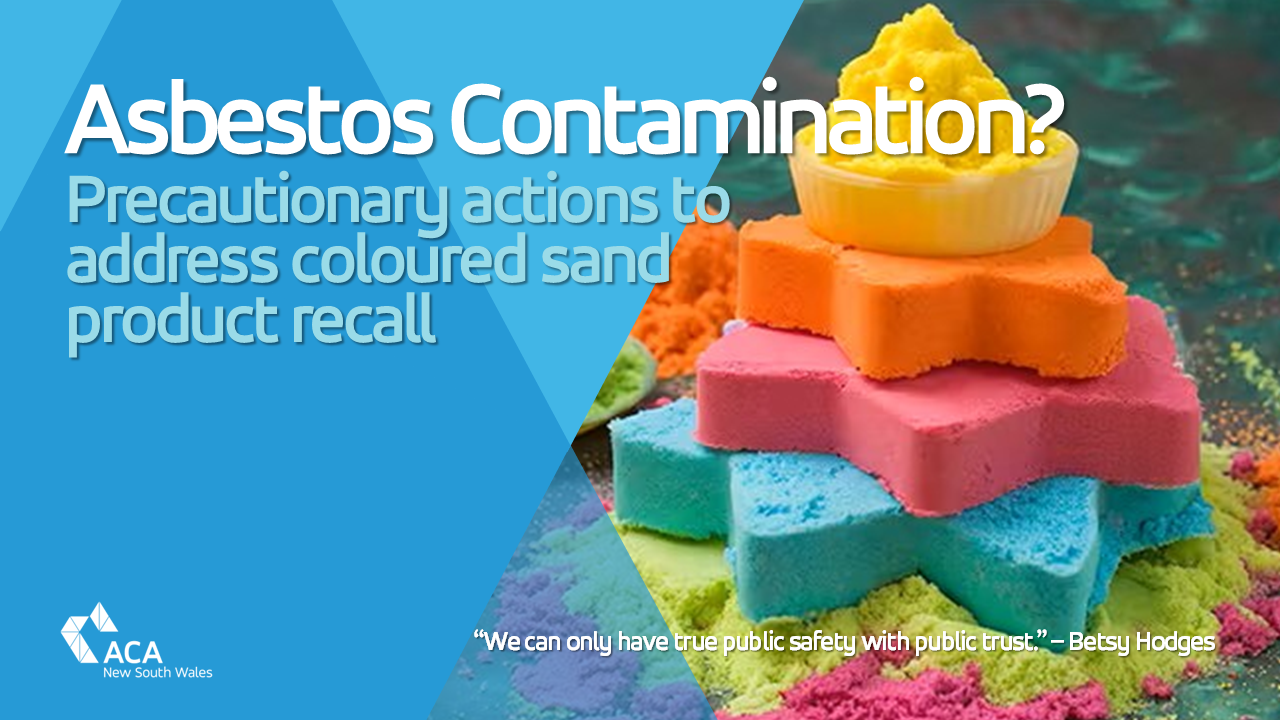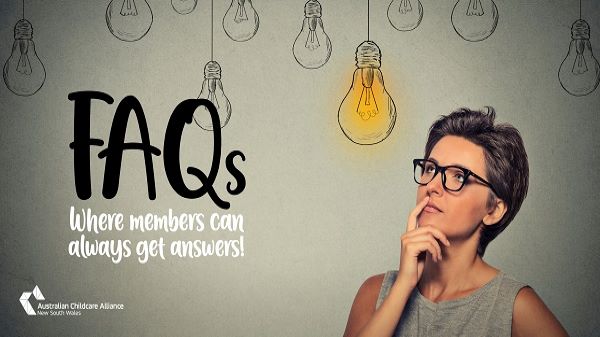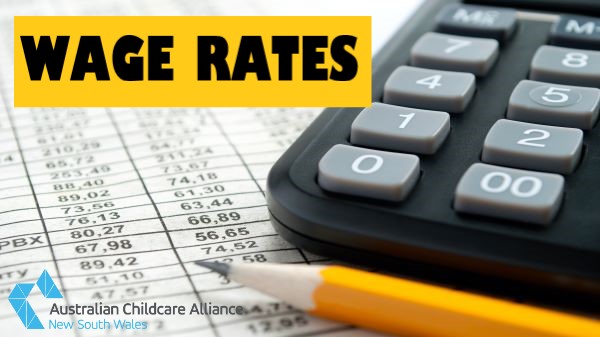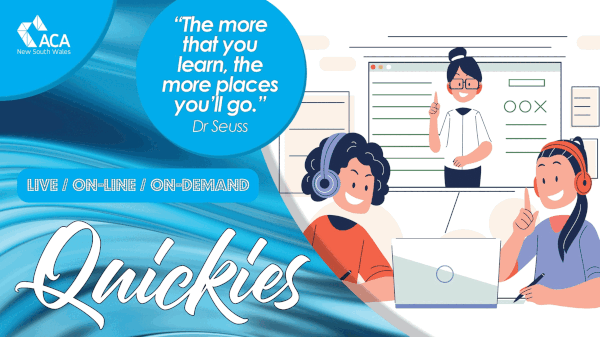The senseless death of 28-year-old early childhood educator and mother, Molly Ticehurst, in Forbes NSW on 22 April 2024 would without question have generated much and universal sadness and anger, especially across our sector.
Within 24 hours of the news of Ms Ticehurst's death, ACA NSW had reached out to her early childhood education and care service, the NSW Deputy Premier and Minister for Education & Early Learning (the Hon Prue Car MP) as well as NSW Minister for Women and Minister for the Prevention of Domestic Violence and Sexual Assault (the Hon Jodie Harrison MP) offering any meaningful assistance.
Ever mindful that the early childhood education and care sector has more than 96% of its workforce as women, ACA NSW is continuing to seek more effective solutions to combat domestic violence.
In the immediate term, should any ACA NSW member and their educators and teachers need support, please consider the Telus Health Employee Assistance Program (EAP).
With Molly Ticehurst in mind, ACA NSW is revisiting what many domestic violence victims are likely to be facing:
- limited to zero access to financial options;
- lack of ability to successfuly achieve effective safe distance from their perpetrator; and
- fewer housing and transportation alternatives;
... especially if they have young children.
To attract the best possible solutions, ACA NSW is seeking input from ACA NSW members about more effective solutions:
- to protect our early childhood educators and teachers, mothers and any victim of domestic violence
- to provide frictionless processes for immediate-to-medium term support and protection, safe alternative accommodation, transport, relocation, financial assistance and economic support; and
- to train services' personnel in order to achieve earliest possible alerts in order to facilitate effective support and protection.
ACA NSW will also be discussing with the respective governments the implementation of:
- the $230m NSW Staying Home Leaving Violence program by providing risk assessments and security upgrades for victims' homes and in some circumstances, personal duress alarms that women can press if their former partners threaten them; and
- the $925.2m over 5 years Federal Government's Leaving Violence Program by helping those to escape violence by receiving financial support, safety assessments and referrals to support pathways,
In the meantime, the following resources may be of assistance:
-
Sections 60D & 60E of the NSW Crimes Act 1900 refers to "A person who assaults, stalks, harasses or intimidates any ... staff ... , although no actual bodily harm is occasioned, is liable to imprisonment for 5 years";
- Women's Domestic Violence Court Advocacy Service (WDVCAS) via 1800 938 227 provides women and their children with information, advocacy and safety planning under the Safer Pathway program. This includes referrals to housing, counselling, financial assistance, and/or health services. They also assist women seeking legal protection at all local court locations across NSW;
- 1800RESPECT (or 1800 737 732 is a 24-hour telephone counselling and referral service, for example, to emergency housing, legal advice or other social supports;
-
NSW Domestic Violence Line on 1800 656 463. A state-wide 24/7 telephone service providing counselling and referral pathways for women and can be contacted;
-
Legal Aid NSW’s Domestic Violence Unit (DVU) on 1800 979 529. The DVU is a specialist state-wide team of lawyers, domestic violence case workers, mental health workers and financial counsellors who work together to help clients who have experienced domestic and family violence with their legal and social needs. This may include advocacy to state agencies (including Police), working with the Women’s Domestic Violence Court Advocacy Service, Staying Home Leaving Violence and accessing the NSW Victims Support Scheme;
-
Law Access NSW on 1300 888 529. This government service can provide relevant legal information, referrals, and, in some cases, advice over the telephone; and
-
NSW Government’s Victims Support Scheme is also available for victim-survivors of domestic and family violence.
UPDATED: 28 MAY 2024
PUBLISHED: 6 MAY 2024
